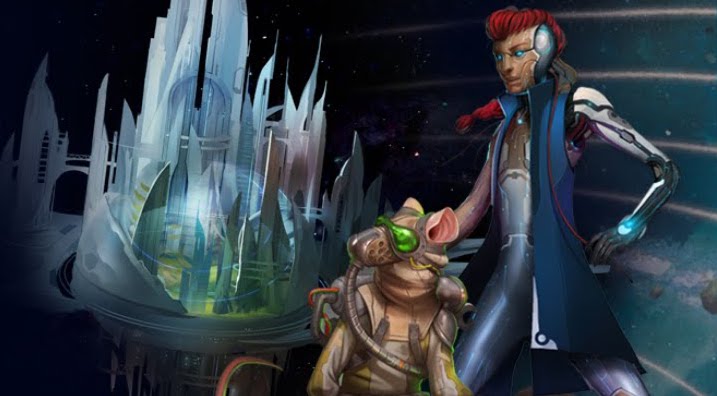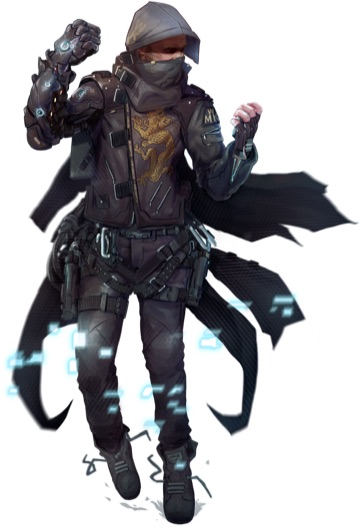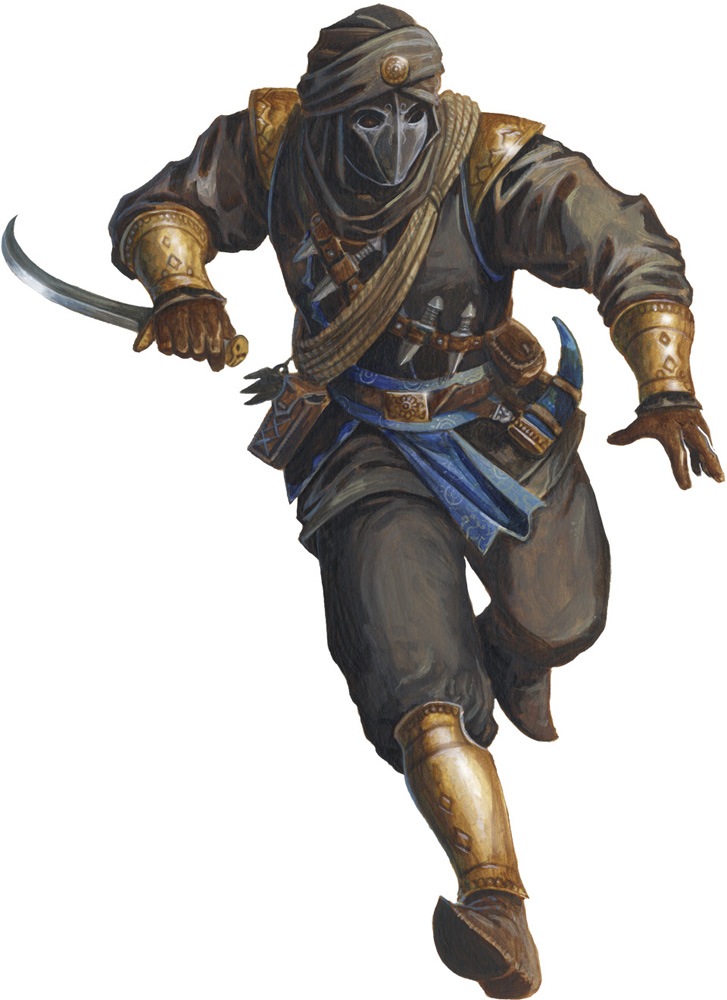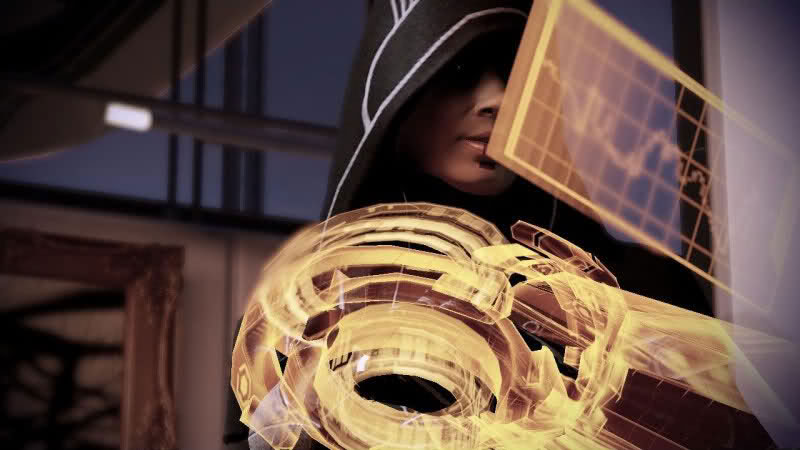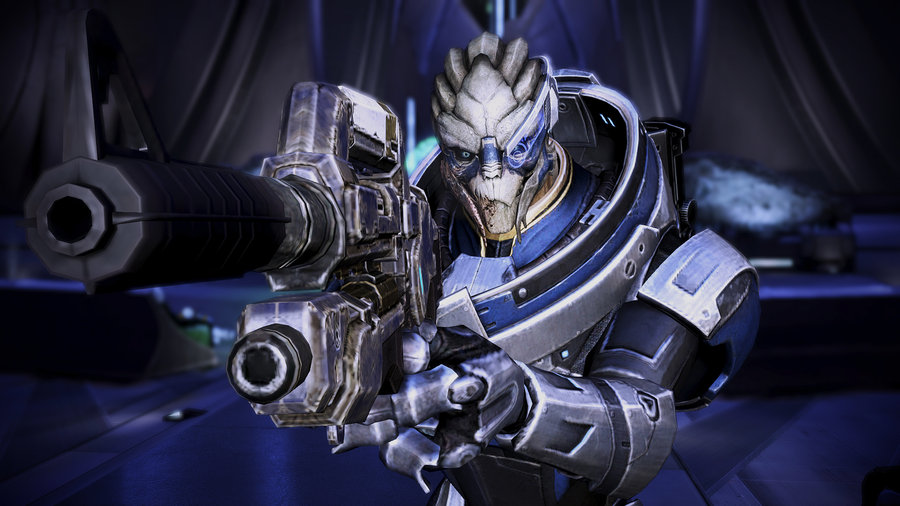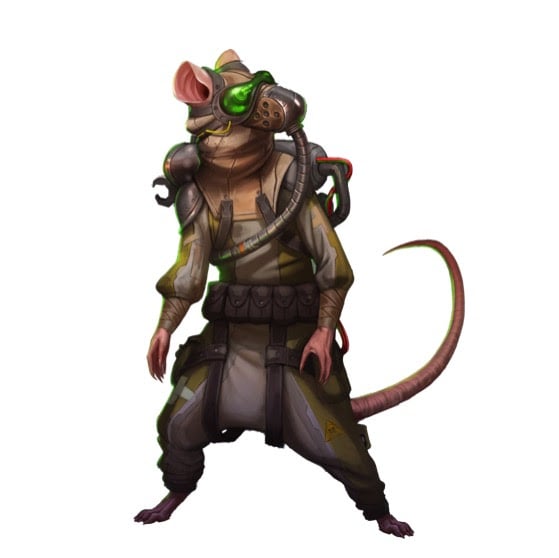Starfinder Preview: The Operative
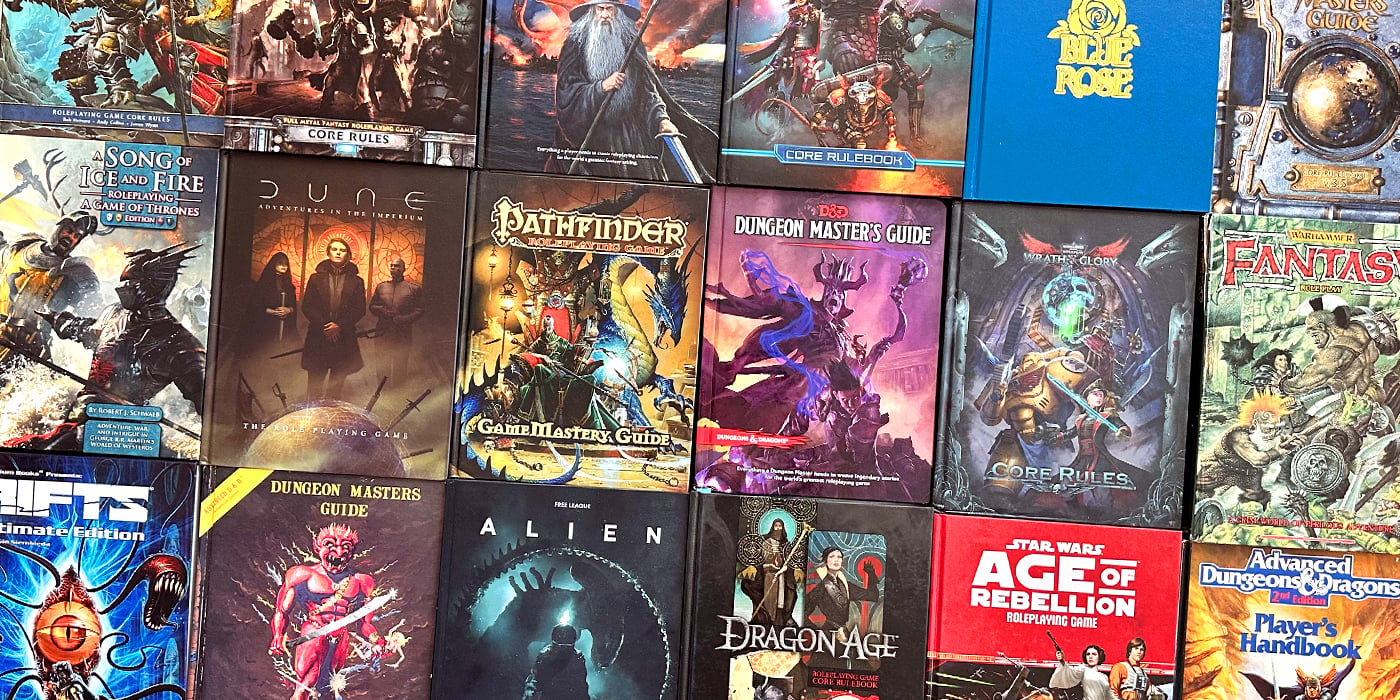
Last time we checked out the Envoy. Now we take a look at their dextrous counterpart, the Operative.
Continuing in our line of Starfinder Class previews we pick up this week with the Operative–a stealthy hero specializes in getting wherever they need to unseen, and in getting the job done once they’re there. Operatives are ghosts and shadows.
You might even call them Rogues. Though, Paizo goes out of their way to point out that there’s a difference between Rogues and Operatives–after all playing a 16th century thief and assassin…
should be much different from playing a space-faring…thief. Or assassin.
And to be sure, there is. Even within the context of just the class name: Operative, there’s plenty of room for variance between just thief or assassin. I mean take a look at our space thief with a cloaking device up there and then consider this space cop-turned-vigilante-assassin here:
I’d peg both of those as potential Operatives. It sounds like any Dex/Stealth-based hero is a solid fit for an Operative. Skilled at breaking and entering (whether physical locations or computer systems), and moving undetected in whatever field they choose, the Operative strikes me as the finesse type. Where the Envoy gets what she needs accomplished through wits and charm, the Operative accomplishes her task with cool, calculated precision and skill.
You’re a shadow. You move swiftly, strike suddenly, and always have an escape plan. You’re a consummate professional, and always get the job done, whether it’s scouting enemy lines, hunting down criminals, stealing and smuggling items, or assassinating key figures. As an operative, you’re skilled in a wide variety of disciplines and specialties, and use speed, mobility, and your quick wits rather than relying on heavy weapons. You excel at the art of surprise, whether it’s sniping targets from cover or striking while their backs are turned. Your cause may be righteous, but you have no problem fighting dirty—achieving your objective is all that matters.
The operative is very much a character skilled at working outside the norms of society. Whether committing crimes, hunting criminals, or just living on the fringes, operatives find ways to get things done, though their methods don’t always meet with public approval. This takes skill, so the operative gets 8 skill points per level, and 16 class skills. Operatives also get the operative’s edge class feature granting a bonus to all skill checks (as well as initiative checks). The class also receives special bonuses at 7th level with any skill in which the character has the Skill Focus feat.
So you can see why the Rogue comparisons are there. Like the Envoy, the Operative is a skill-monkey, enjoying 8 points per level with 16 class skills. Doubtless there’ll be overlap between the two (unless there are at least 32 different skills, and I’m not sure we need or even want a game with that degree of minutiae–but I’ve been wrong before), but I think it’s a safe bet to say that Envoys are showier, Operatives are subtler–able to deal with security systems and other tech type skills as readily as the others.
But skills aren’t the only thing that Operatives excel at.
The operative knows that sometimes getting things done means doing some damage, and the class gains a fair base attack bonus, poor Fortitude saves but good Reflex and Will saves, light armor, and proficiency (and eventually specialization) with basic melee weapons, small arms, and sniper weapons. The operative can augment the damage done with basic melee weapons and small arms with his trick attack.
Subscribe to our newsletter!Get Tabletop, RPG & Pop Culture news delivered directly to your inbox.By subscribing you agree to our Terms of Use and Privacy Policy.
Sniper weapons point again to the whole stealthy side of things. Trick Attack, on the other hand, is where we get a glimpse of what the rest of the Operative will look like. Paizo was quick to point out that Trick Attack isn’t just Sneak Attack reskinned–but rather Trick Attack will function differently depending on what kind of specialization they choose.
Because operatives have different methods and thus focus on different techniques, each operative selects a specialization. We present seven specializations in the core rulebook—daredevil, detective, explorer, ghost, hacker, spy, and thief. Each has an effect on that operative’s trick attack (a detective can use Sense Motive to activate her trick attack, for example), and grants bonuses to specific skills and access to new abilities.
Now I know that this is just based on names–but each of these do feel like a different kind of Operative. Just going from context clues, I’d say the daredevil focuses on acrobatics, the ghost on stealth, the spy on perception–but who knows what this actually means. What we do know is that they can change how you use your Trick Attack–and the kinds of exploits you have access to.
Exploits are similar to the Envoy’s Improvisations. They’re tricks your character can pull off when the chips are down (and they’re how you can customize your Operative compared to the others). Here’s a sample of a 10th-level exploit–though, as Paizo points out, the Ghost gets it at 5th:
Cloaking Field (Ex)
You can bend light around yourself and muffle any minor sounds you make, allowing you to nearly vanish when not moving. Even when you move, you appear only as an outline with blurry features. This cloaking field doesn’t make you invisible, but it does make it easier to sneak around. Activating the cloaking field is a move action. While the cloaking field is active, you can use Stealth to hide, even while being directly observed and with no place to hide. Attacking doesn’t end the cloaking field, but it does end that particular attempt to hide. If you remain perfectly still for at least 1 round, you gain a +10 bonus to Stealth checks (which doesn’t stack with invisibility) until you move.
Your cloaking field lasts for up to 10 rounds before it becomes inactive. While inactive, the cloaking field recharges automatically at the rate of 1 round of cloaking per minute.
Now this is basically a hide in plain sight kind of thing. But man, that last sentence really makes it feel like science fantasy. It’s not just that you’re able to hide even without cover or while people are observing you–but that it recharges. You have a limited use cloaking field that slowly powers back up, which just screams “this is something out of a cool sci-fi novel/movie/game” to me. I am curious to see what the other exploits look like. Or how the Operative plays with the archetypes that don’t look like they’re focused on stealth or precision, like the explorer or the detective. We’ll have to wait and see, I suppose, but stay tuned for more Starfinder news as it comes out.
No word on whether or not your Ghost will have Craft (Pottery) as a class skill.

